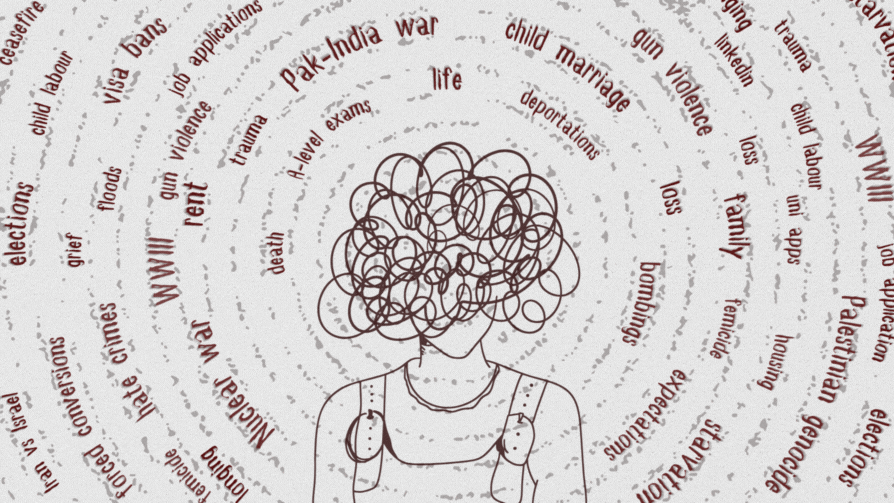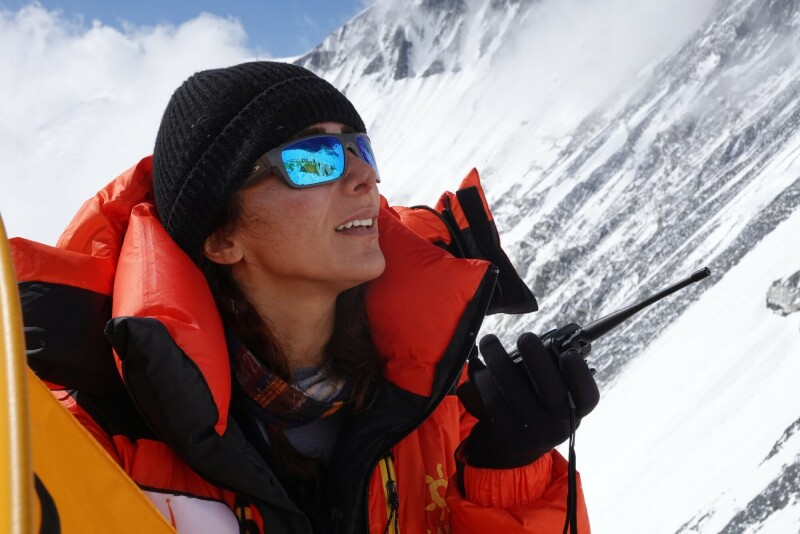6 lessons we learned from Ramazan transmissions this year
Gone are the days when face-stuffing mangoes and giving away babies on live TV got us riled up.
This year, we decided to be glass half full and look at the more positive aspects of Ramazan transmissions... like all the valuable life lessons we learn from them.
It's not just fun and games people! Key takeaways below:
1) Get a massage when your job gets too stressful
When life gets a little too hectic, it's important to step back and treat yourself.
Now, normal people have to wait until they get off work to head to the spa. Not Aamir Liaquat though. He gets an audience member to give him a shoulder massage right on the job!

Though it's probably better if you don't fat-shame your masseuse like Mr. Liaquat did...
2) You can totally laugh away your problems
Even if you've got a laugh that's reminiscent of a "churail ki hassi" (well, that's what this host called it), laugh anyway girlfriend... especially since you may get a bike out of it! This woman did.

Your transportation issues fixed in a jiffy!
3) Don't be scared of judgment.
We aspire to be as carefree in life as this aunty clad in yellow.

Did anyone say #confidencegoals?
4) Weight is just a number
Yep. Jeeto Pakistan has an interesting take on being body positive... the TV show rewards its heaviest audience members.

5) Don't let society dictate what you wear
As a society we're a confused bunch -- sometimes we judge cross-dressers, sometimes we just want to work that darn sharara.

Case in point: Shoaib Akhtar, who wants to dress adult men in saris on his TV show.
We're not saying they don't look good.
6) Your parents will never miss an opportunity to embarrass you
Whether it's in front of your friends or in front of the world on national television, you're never completely safe.
Amir Liaquat's son learnt this the hard way when he was called out by his father on his show.
This article is categorised as humour/satire. Its content is not meant to be read literally, and the views expressed here do not necessarily reflect the views of the writer or the views of the IMAGES editorial staff.












Comments